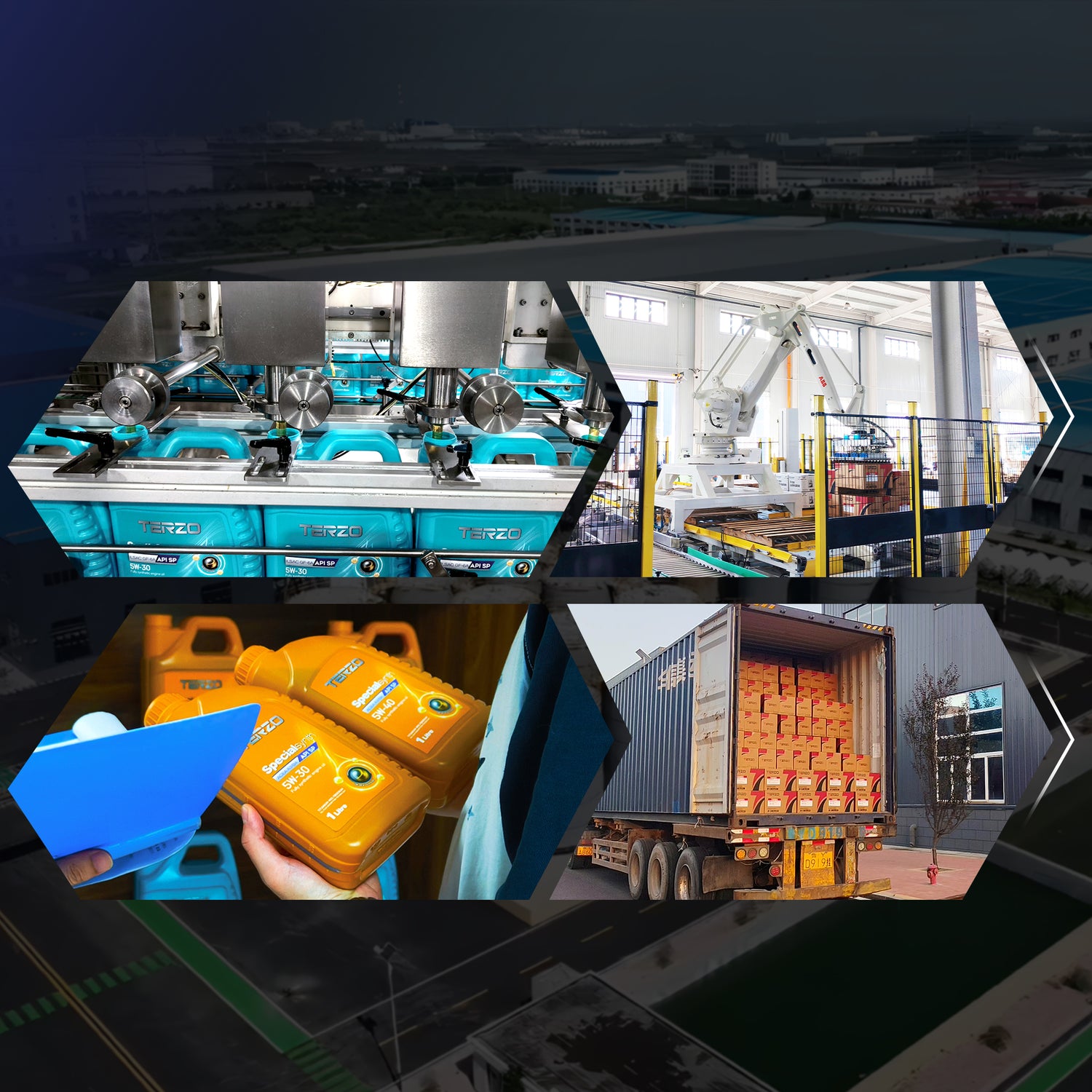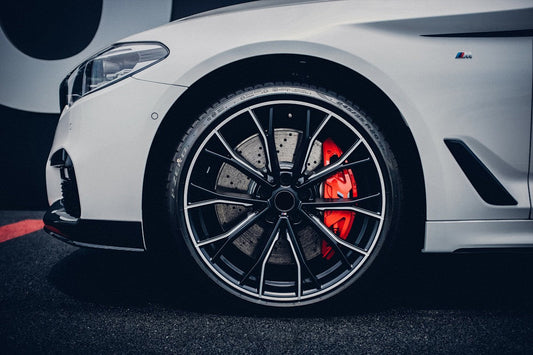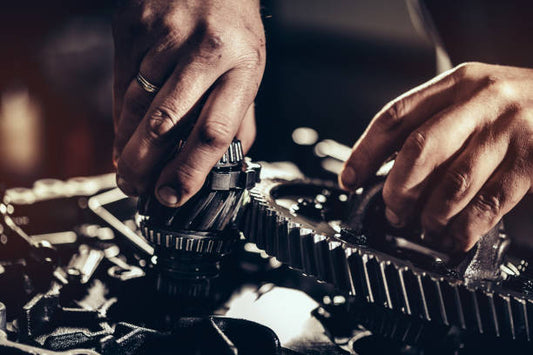Key Technologies of Automotive Engine Oil Coolers
Introduction
Under extreme operating conditions, engine temperatures can exceed 120°C, causing a 40% drop in traditional air-cooling efficiency. Engine oil coolers, as pivotal components of precision thermal management systems, utilize medium exchange to achieve precise temperature control. This article reveals cutting-edge cooling technology solutions.
Core Technical Parameters
1. Heat Transfer Mechanism
Adopts counter-current heat exchange design, creating turbulent flow in hexagonal microchannels. Key performance metrics:
- Thermal Conductivity: 35% higher than conventional designs
- Maximum Flow Rate: 8L/min @120°C (High-performance variant)
- Pressure Drop: ≤0.5bar (Full-flow operation)
2. Material Innovation
Comparative Dimension
Titanium Alloy (Aerospace-grade)
Duplex Stainless Steel (Industrial-grade)
Tensile Strength
- Titanium Alloy: 950 MPa
- Duplex Stainless Steel: 820 MPa
Corrosion Resistance
- Titanium Alloy: 2 times better than 316L Stainless Steel
- Duplex Stainless Steel: Passes 500-hour Salt Spray Test
Weight Ratio
- Titanium Alloy: 1.8 g/cm³ (30% weight reduction)7.8g/cm³
3. Application Scenarios
- Supercars: Integrated active cooling system reduces turbocharged engine temperature by 22°C
- Heavy-Duty Trucks: Low-pressure-drop design for urban logistics (pressure drop reduced by 40%)
- Aftermarket Tuning: Custom sealing solutions for dry-sump systems
4. Lifecycle Management
Recommended maintenance schedule:
mermaid

Technical Advantages
- Patented Fin Design: 3D turbulence structure increases heat exchange area by 58% per unit volume
- Military-grade Sealing: Fluororubber O-rings with temperature resistance -50°C~200°C, leakage rate <0.1ml/h
- Intelligent Temperature Control: Integrated NTC sensor with <0.3s response time
- Environmental Compliance: Certified by RoHS/REACH, PFOS/PFOA-free
Industry Solutions
Passenger Vehicles
- Prolongs synthetic oil change intervals to 15,000km when paired with TERZO SuperSynth series
- Supports hybrid architectures up to 48V mild-hybrid systems
Commercial Vehicles
- Meets Euro VI emission standards, compatible with SCR aftertreatment systems
- Offers EGR-specific cooling solutions with >98% soot filtration efficiency
Specialized Applications
- Desert environments: IP69K rating, passes ISO 20653 dust ingress testing
- Arctic regions: Cold-start performance validated at -50°C

Conclusion
As a core component of thermal management systems, premium oil coolers enhance overall energy efficiency by 12-18%. Selecting products certified by SAE J2310/ISO 13732 is critical for ensuring vehicle-wide performance sustainability.




